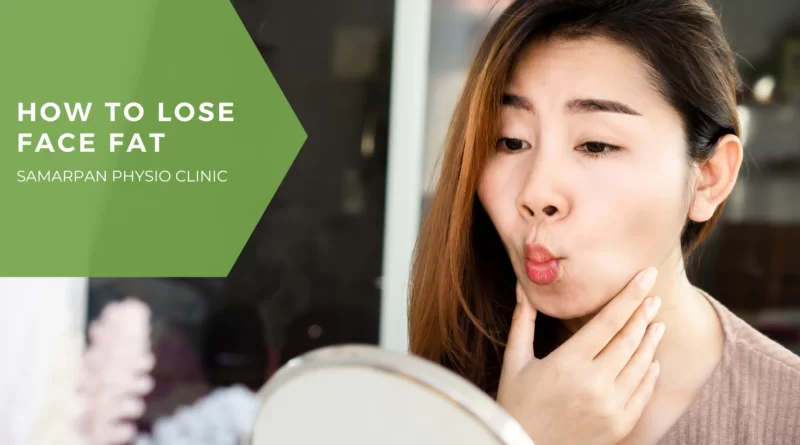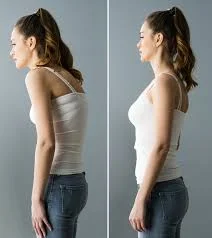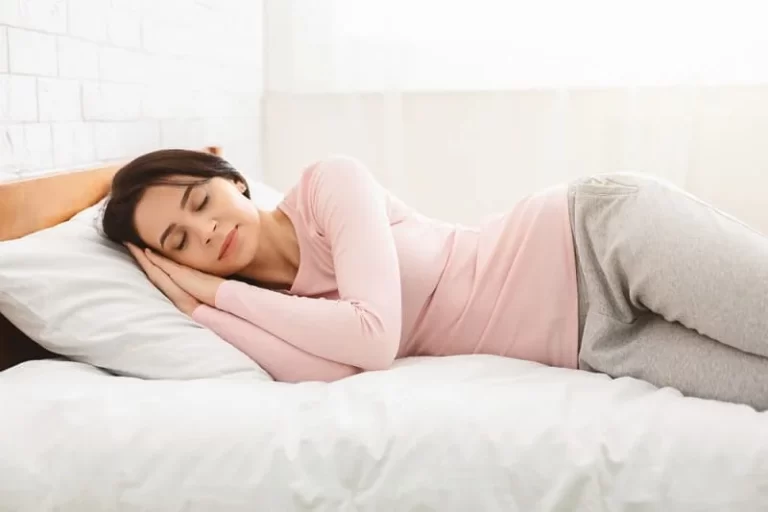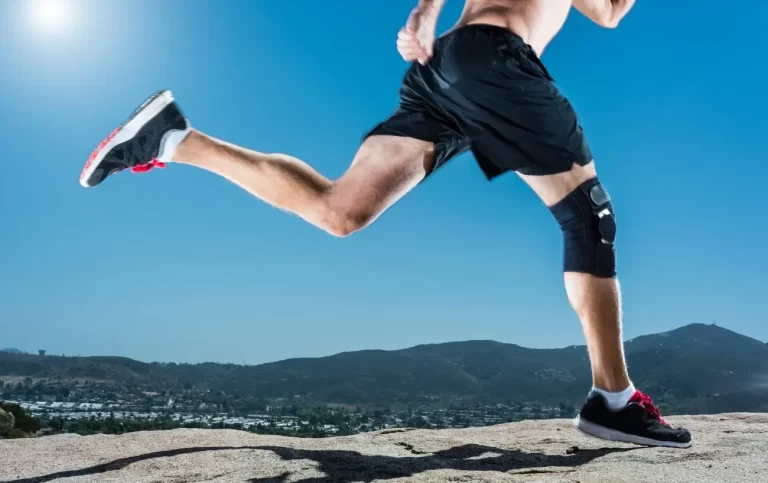How To Lose Face Fat?
Face fat is often a result of overall weight loss, which can be achieved through a combination of a healthy diet, regular physical activity, and other healthy lifestyle habits. To specifically target face fat, you can also try practicing facial exercises, reducing alcohol consumption, staying hydrated, getting enough sleep, and following a balanced diet. It’s not possible to spot reduce fat from a specific area of the body, including the face. Fat loss occurs when you burn more calories than you consume, leading to a reduction in overall body fat.
Table of Contents
Engage in regular physical activity
Engaging in regular physical activity can help you lose face fat by burning calories and boosting your overall metabolism. Here’s how:
- Increased calorie burn: Physical activity is one of the best ways to increase your calorie burn and support weight loss. When you gradually increase exercise, the more calories you burn. Which can help you reduce body fat, including fat on your face.
- Improved metabolism: Regular physical activity can help improve your metabolism. Making it easier for your body to burn calories and fat. A healthy metabolism can also help you maintain your weight loss over time.
- Decreased water retention: Engaging in regular physical activity can also help reduce water retention. Which can make your face appear puffier. By reducing water retention, you may notice that your face appears more defined and toned.
- Improved circulation: Physical activity can also improve blood circulation, which can help reduce swelling and puffiness in your face.
Engage in a variety of physical activities that you enjoy, such as cardio, strength training, and stretching, in order to get the most benefit. Aim to get at least 30 minutes of moderate-intensity physical activity most days of the week, and consider increasing your activity level as your fitness improves.
Practice facial exercises
Facial exercises can help tone and strengthen the muscles in your face, which can potentially lead to a reduction in face fat by the following:
- Muscle tone: Facial exercises can help tone and firm the muscles in your face. Give you a more defined and toned shape to your face. By strengthening these muscles, you may notice a reduction in face fat over time.
- Improved circulation: Facial exercises can also help improve blood circulation in your face, which can help reduce puffiness and swelling. This can make your face appear slimmer and more toned.
- Stimulation of lymphatic drainage: Certain facial exercises can also help stimulate lymphatic drainage in your face, which can help reduce puffiness and swelling.
It’s important to remember that while facial exercises can help tone and strengthen the muscles in your face, they cannot specifically target face fat.
Facial exercises may take time to become apparent, and it may take several weeks or months of consistent practice to see significant changes in the appearance of your face. It’s also important to use proper technique when performing facial exercises to avoid injury.
Reduce alcohol consumption
Reducing alcohol consumption can help you lose face fat by lowering your overall calorie intake and improving your overall health. Here’s how:
- Lower calorie intake: Alcohol is high in calories, and consuming large amounts of it can quickly add up and contribute to weight gain, including face fat. By reducing or eliminating alcohol from your diet, you can lower your overall calorie intake and support your weight loss efforts.
- Improved liver function: Alcohol can put a strain on your liver, which is responsible for metabolizing fat. By reducing your alcohol consumption, you can help improve your liver function, which can support your body’s ability to burn fat.
- Better hydration: Alcohol is dehydrating, and chronic dehydration can contribute to puffiness and swelling in the face. By reducing your alcohol consumption, you can stay better hydrated, which can help reduce swelling and puffiness in your face.
- Improved sleep: Alcohol can interfere with your sleep, and poor sleep can contribute to weight gain, including face fat. By reducing your alcohol consumption, you can improve the quality of your sleep and support your weight loss efforts.
While reducing your alcohol consumption can help support your weight loss efforts. Keep in mind that it’s just one part of a comprehensive approach to fat loss.
Stay hydrated
Staying hydrated can help you lose face fat by promoting overall health and reducing puffiness and swelling in the face. Here’s how:
- Improved metabolism: Adequate hydration is important for maintaining a healthy metabolism, which is critical for burning calories and fat. By staying hydrated, you can support your body’s ability to metabolize fat and lose weight, including face fat.
- Reduced puffiness and swelling: Dehydration can contribute to puffiness and swelling in the face, making it appear rounder and less defined. By staying hydrated, you can help reduce swelling and puffiness in your face, making it appear slimmer and more toned.
- Improved skin health: Adequate hydration is important for maintaining healthy skin, and dehydrated skin can appear dull, saggy, and more prone to wrinkles. You can help improve the appearance of your skin and make your face appear more youthful and radiant.
- Increased energy: Staying hydrated can also help improve your energy levels, making it easier for you to stick to an active lifestyle and engage in physical activity, which can support your weight loss efforts.
Take a minimum of 3 to 4 liters of water throughout the day to stay properly hydrated. Aim to drink at least 8 glasses of water a day, and more if you are physically active or in a hot environment. Avoid sugary and caffeinated drinks, which can dehydrate you, and choose water or other hydrating beverages instead.
Get enough sleep
Getting enough sleep is important for fat loss because it can help regulate hormones that play a role in weight management. Here’s how:
- Sleep and cortisol: Cortisol is a hormone that is produced in response to stress and can lead to increased fat storage, especially in the abdominal area. Chronic sleep deprivation can lead to elevated cortisol levels, which can make it more difficult to lose weight.
- Sleep and insulin: Sleep deprivation can also affect insulin sensitivity. Making it more difficult for your body to regulate blood sugar levels and increasing the risk of insulin resistance and type 2 diabetes.
- Sleep and leptin: Leptin is a hormone that regulates hunger and energy balance. When you’re sleep deprived, your body produces less leptin, which can make you feel hungrier and lead to overeating.
- Sleep and ghrelin: Ghrelin is a hormone that stimulates hunger. When you’re sleep deprived, your body produces more ghrelin, which can make you feel hungrier and lead to overeating.
It’s important to aim for 7-9 hours of quality sleep per night in order to support a healthy metabolism, regulate hormones, and prevent overeating.
Follow a balanced diet
Following a balanced diet can help you lose face fat by promoting overall health and reducing overall body fat. Here’s how:
- Reduced calorie intake: By following a balanced diet, you can reduce your overall calorie intake and promote weight loss, including loss of face fat. A diet that is high in whole, nutrient-dense foods and low in processed. High-calorie foods can help you achieve and maintain a healthy weight.
- Improved nutrient intake: A balanced diet can help you get the nutrients your body needs to function optimally, including vitamins, minerals, and antioxidants. That can help improve the health of your skin and make your face appear more youthful and radiant.
- Better digestion and metabolism: A balanced diet that includes fiber-rich foods can help improve digestion and metabolism, which can support your body’s ability to burn calories and fat.
- Reduced inflammation: A diet high in processed foods, added sugars, and unhealthy fats can increase inflammation in the body. That can contribute to weight gain and make it more difficult to lose weight, including face fat. A balanced diet includes anti-inflammatory foods, such as fruits, vegetables, whole grains, and healthy fats. It can help reduce inflammation and support your weight loss efforts.
It’s important to remember that a balanced diet is just one part of a comprehensive approach to fat loss. And a physiotherapist may help you lose your face fat by suggesting appropriate facial exercises.







